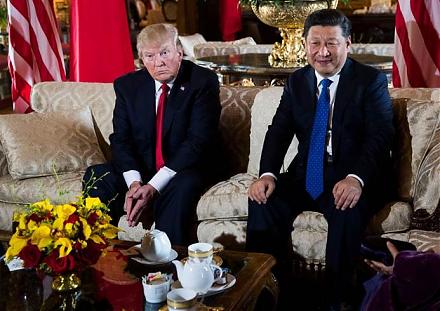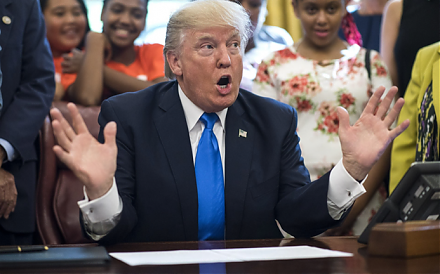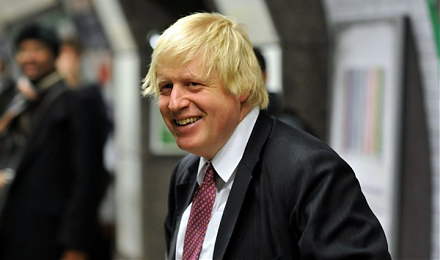

2019-04-15 08:37:00 Mon ET
technology social safety nets education infrastructure health insurance health care medical care medication vaccine social security pension deposit insurance
Chinese Belt-and-Road funds large international infrastructure investment projects primarily in East Asia, Central Asia, North Africa, and Italy. Chinese Belt-and-Road aims to strengthen infrastructure, trade, transport, and investment links between China and 65 other countries that collectively account for more than 30% of global GDP, 62% of world population, and 75% of international energy. In fact, East Asia, Pacific Basin, Central Asia, and some parts of Europe account for almost 80% of total exports from Belt-and-Road economies, and these Belt-and-Road economies account for 37%-43% of world exports and intermediate goods as of early-2019.
Belt-and-Road economies exhibit substantive integration into global value chains as China plays a more central role in this cross-border trade integration. In recent years, the main economic engine of Belt-and-Road exports has been the global demand for key consumer electronic appliances from iPhones and iPads to tablets, laptops, and other robotic products.
However, U.S. State Department continues to raise grave concerns about opaque financial practices, subpar governance standards, and less inclusive social norms and principles in the Chinese Belt-and-Road program. America remains a staunch opponent of this trans-continental infrastructure scheme. This scheme serves as a new investment vehicle for China to spread its core financial prowess and influence overseas.
If any of our AYA Analytica financial health memos (FHM), blog posts, ebooks, newsletters, and notifications etc, or any other form of online content curation, involves potential copyright concerns, please feel free to contact us at service@ayafintech.network so that we can remove relevant content in response to any such request within a reasonable time frame.
2017-05-13 07:28:00 Saturday ET

America's Top 5 tech firms, Apple, Alphabet, Microsoft, Amazon, and Facebook have become the most valuable publicly listed companies in the world. These
2019-01-07 18:42:00 Monday ET

Neoliberal public choice continues to spin national taxation and several other forms of government intervention. The key post-crisis consensus focuses on go
2017-03-21 09:37:00 Tuesday ET

Trump and Xi meet in the most important summit on earth this year. Trump has promised to retaliate against China's currency misalignment, steel trade
2018-01-13 08:39:00 Saturday ET

The Economist digs deep into the political economy of U.S. government shutdown over 3 days in January 2018. In more than 4 years since 2014, U.S. government
2017-09-03 10:44:00 Sunday ET

President Donald Trump has released his plan to slash income taxes for U.S. citizens and corporations. The corporate income tax rate will decline from 35% t
2019-08-20 07:33:00 Tuesday ET

The recent British pound depreciation is a big Brexit barometer. Britain appoints former London mayor and Foreign Secretary Boris Johnson as the prime minis